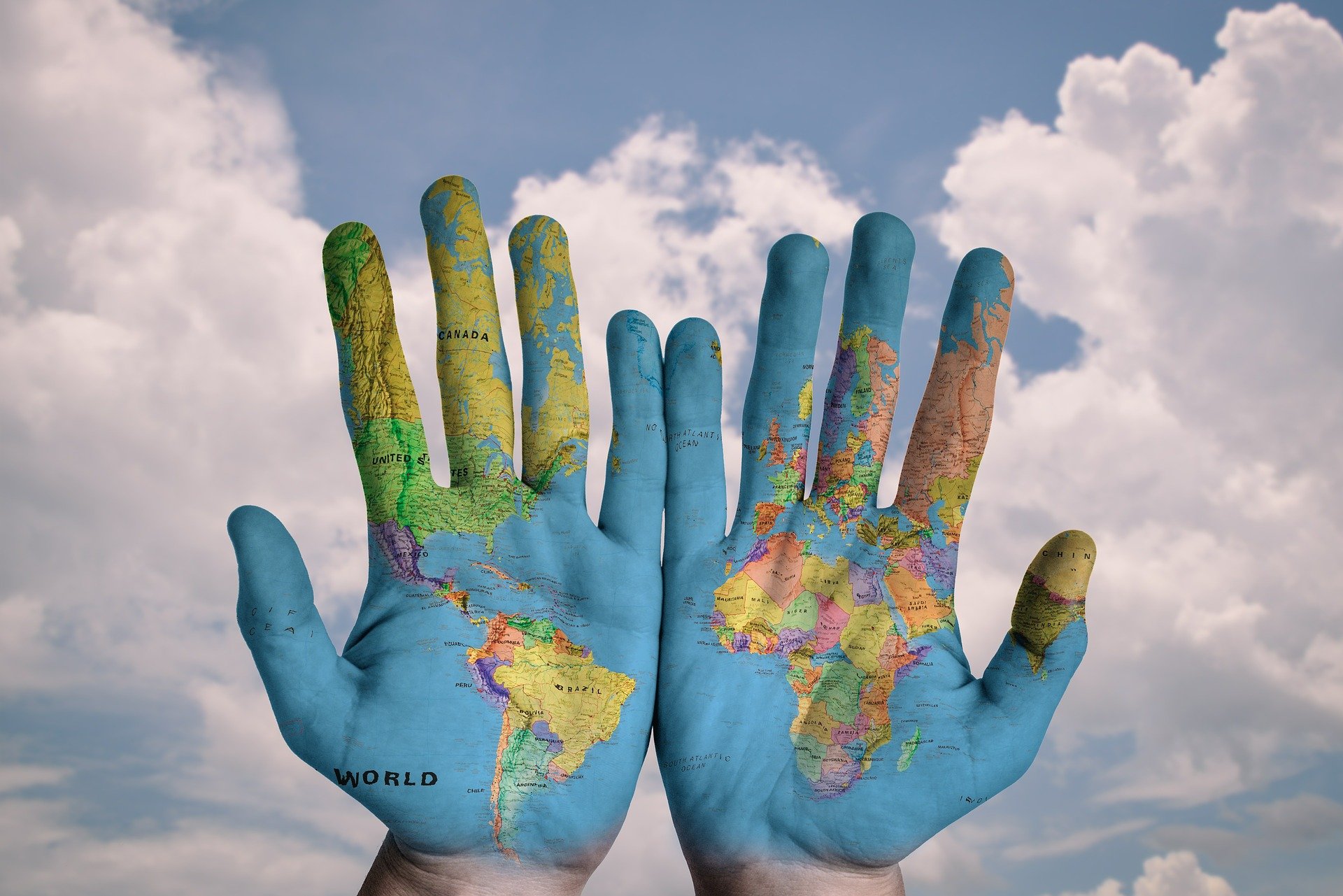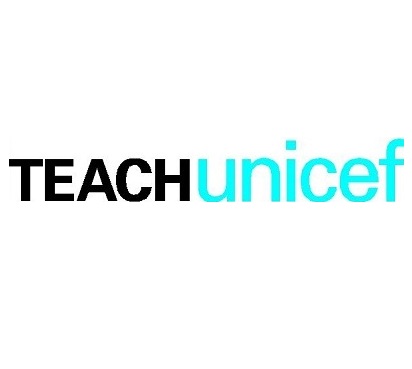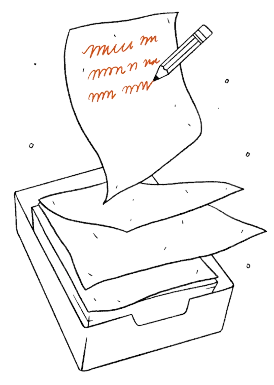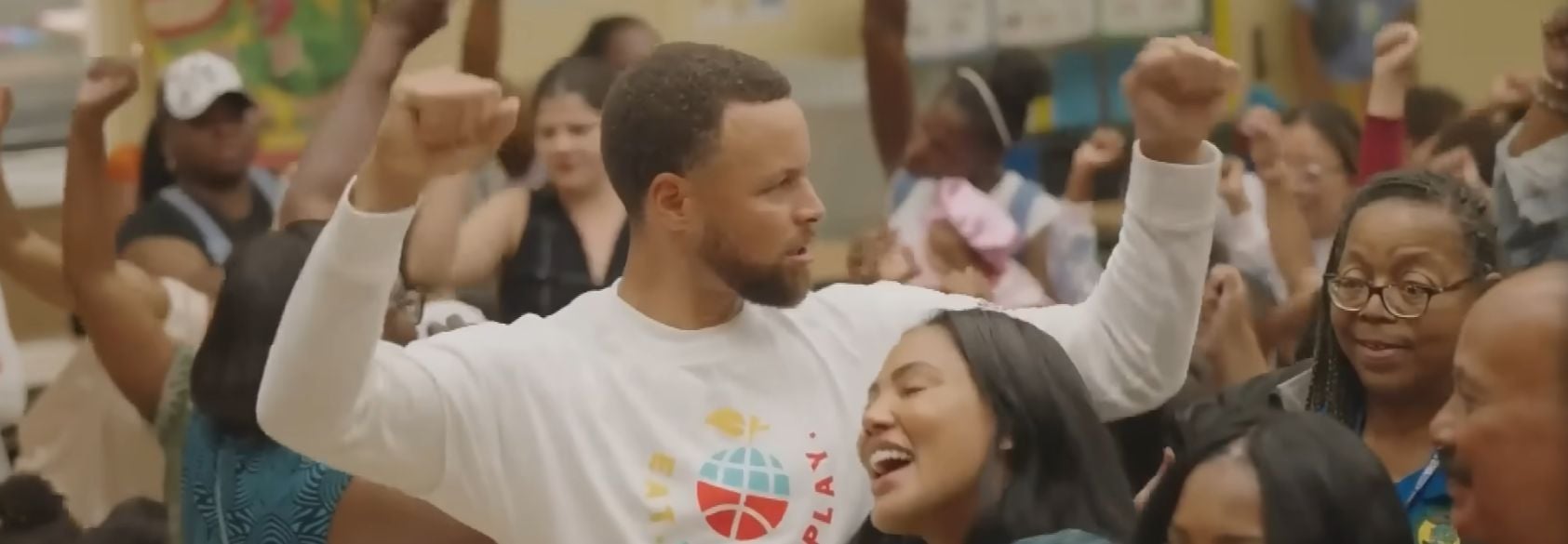By Scott Hirschfeld
On Oct. 10, at just 17 years of age, Malala Yousafzai became the youngest person ever to win the Nobel Peace Prize.
A tireless champion of children’s rights, Malala’s personal struggle to access education as a female child growing up in a Taliban-influenced area of Pakistan was met with an attempt on her life at the age of 12.
Having survived a gunshot wound to the head, Malala has become a symbol of the triumph of modern democratic values over fundamentalism and religious extremism.
Her story, however, is also a tale of global citizenship and a powerful example of how youth can be agents of change in their communities and beyond.
Global citizenship is widely understood as self-identification with a world community that aspires to create and maintain an environment in which common values such as gender equality, rule of law and sustainable development are upheld.
The advent of communication technologies that enable the transmission of cultural ideals across borders has no doubt contributed to young people’s emerging sense of global citizenship.
Likewise, Malala’s rise as a symbol of hope, equality and modernity—even before the assassination attempt—was made possible by her participation in public life, first as an anonymous blogger for the Urdu language section of the BBC’s website and later as a subject of a documentary film that led to radio and television interviews in Pakistan and abroad.
Malala’s conviction that the right to an education is worth protecting for all children regardless of their gender or socioeconomic status is a stance with which students in the United States undoubtedly agree but often take for granted. As educators, we can provide the global context our students need to fully appreciate the significance of why Malala Yousafzai winning a Nobel Peace Prize matters, the extraordinary circumstances of her renown, and the somewhat ordinary tools she used to be a force for change.
At the end of the day, global citizenship is about being connected to events that happen “over there” as well as those happening closer to home, by learning and taking action, however small, to benefit your community and stand up for what is right.
With that in mind, here are three ways to use TeachUNICEF resources to bring global perspective to your students this month:
- Make Halloween even sweeter (and more meaningful) by participating in Trick-or-Treat for UNICEF with your class. Since 1950, Trick-or-Treat for UNICEF has led the charge for kids helping kids. This year, 15 lucky Trick-or-Treat teachers will win a $1,000 technology grant for their classrooms. Check it out.
- Got argumentative students? Put that to good use with It’s Up for Debate, a lesson that introduces students to the most widely ratified human rights convention in the world—the Convention on the Right of the Child—and prepares them to debate whether the United States should ratify this important treaty (it is one of only three member states of the United Nations that has not). Teachers can submit student work to win class sets of our Global Citizenship Briefs, our student magazines that explore current issues of global concern.
- Take a closer look at global poverty and how the international community is addressing the vicious cycle that has negative implications for children’s health, education and well-being. Our lesson plans, activities and multimedia resources are available for grades 6-12.
About the Author
Scott Hirschfeld is the Director of Education for U.S. Fund for UNICEF, where he manages the development of global learning resources and programs. Prior to joining USF, Scott was Director of Curriculum for ADL (Anti-Defamation League) and Director of Education for GLSEN (Gay, Lesbian and Straight Education Network), two of the leading U.S. NGOs working to end discrimination and promote social justice in schools and communities. Before working in the non-profit sector, Scott was a classroom teacher and staff developer in the New York City public school system for thirteen years, during which time he spent a year in London as a Fulbright Exchange Teacher and participated in volunteer and study abroad programs in Indonesia, Japan, and Uganda. Scott has an M.S. in Elementary Education and an M.Ed. in Educational Leadership
from Bank Street College of Education. TeachUNICEF is a portfolio of free global education resources for grades preK-12. Lesson plans, activities and multimedia resources are aligned to the Common Core standards and address a wide range of global issues. Our mission is to support and create well-informed global citizens who understand interconnectedness, respect and value diversity, have the ability to challenge injustice and inequities, and take action in personally meaningful ways. We hope that in providing engaging and academically rich materials that offer multiple voices, we can encourage the exploration of critical global issues while presenting opportunities to take action.












